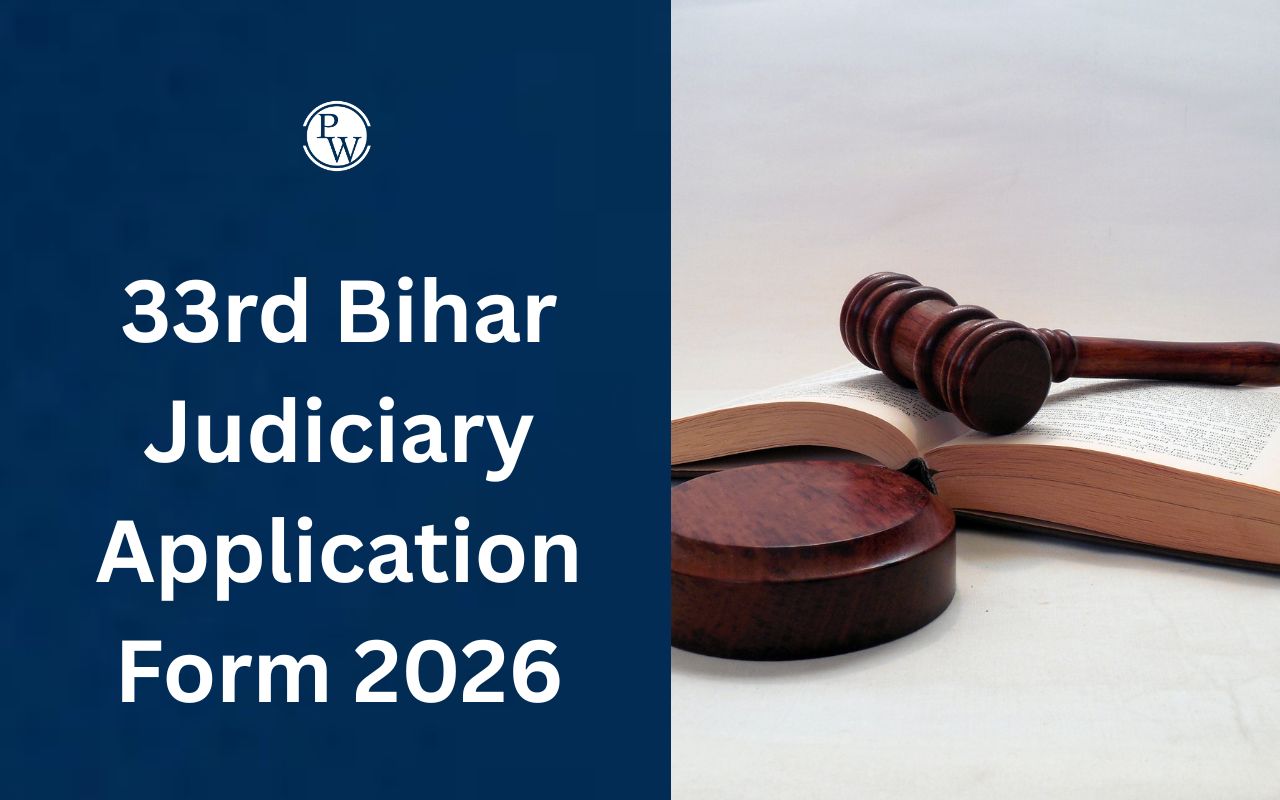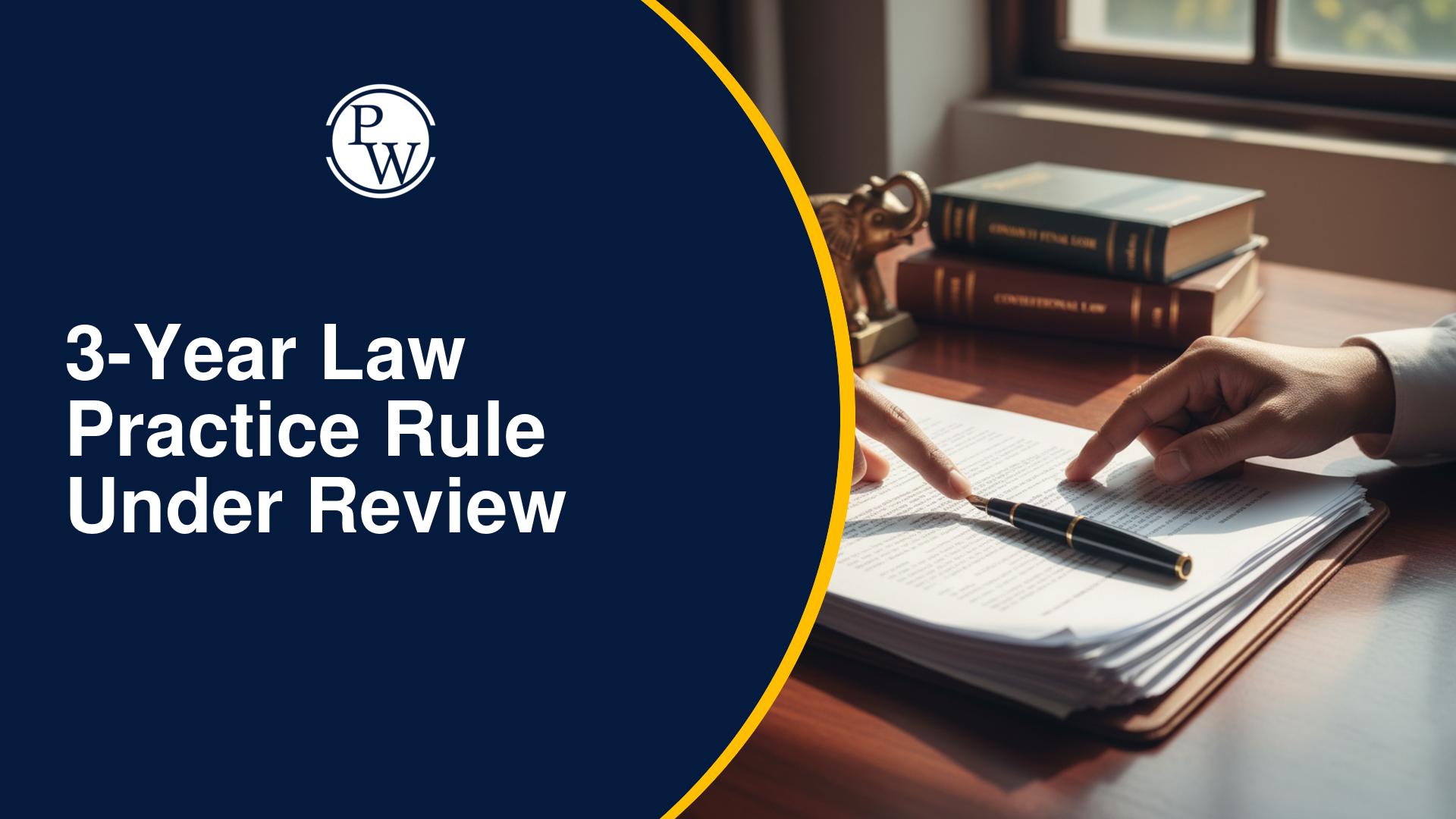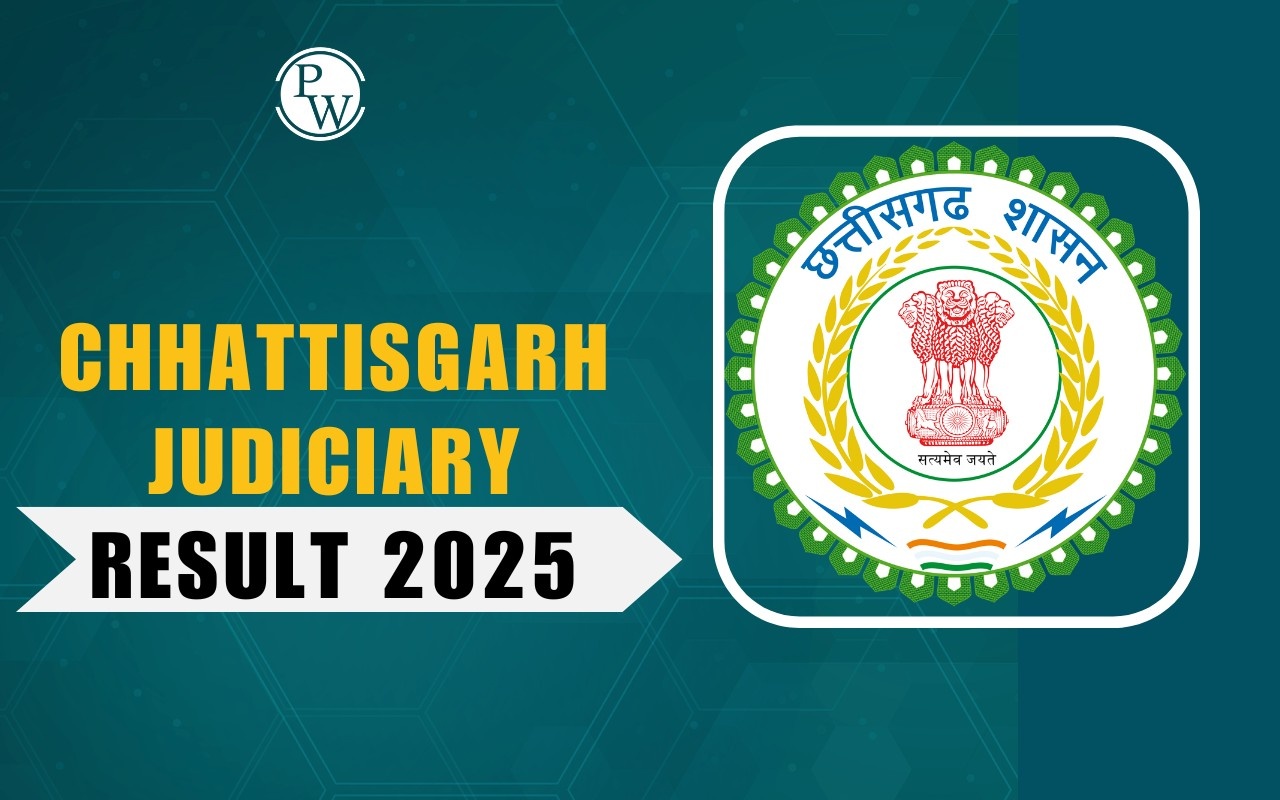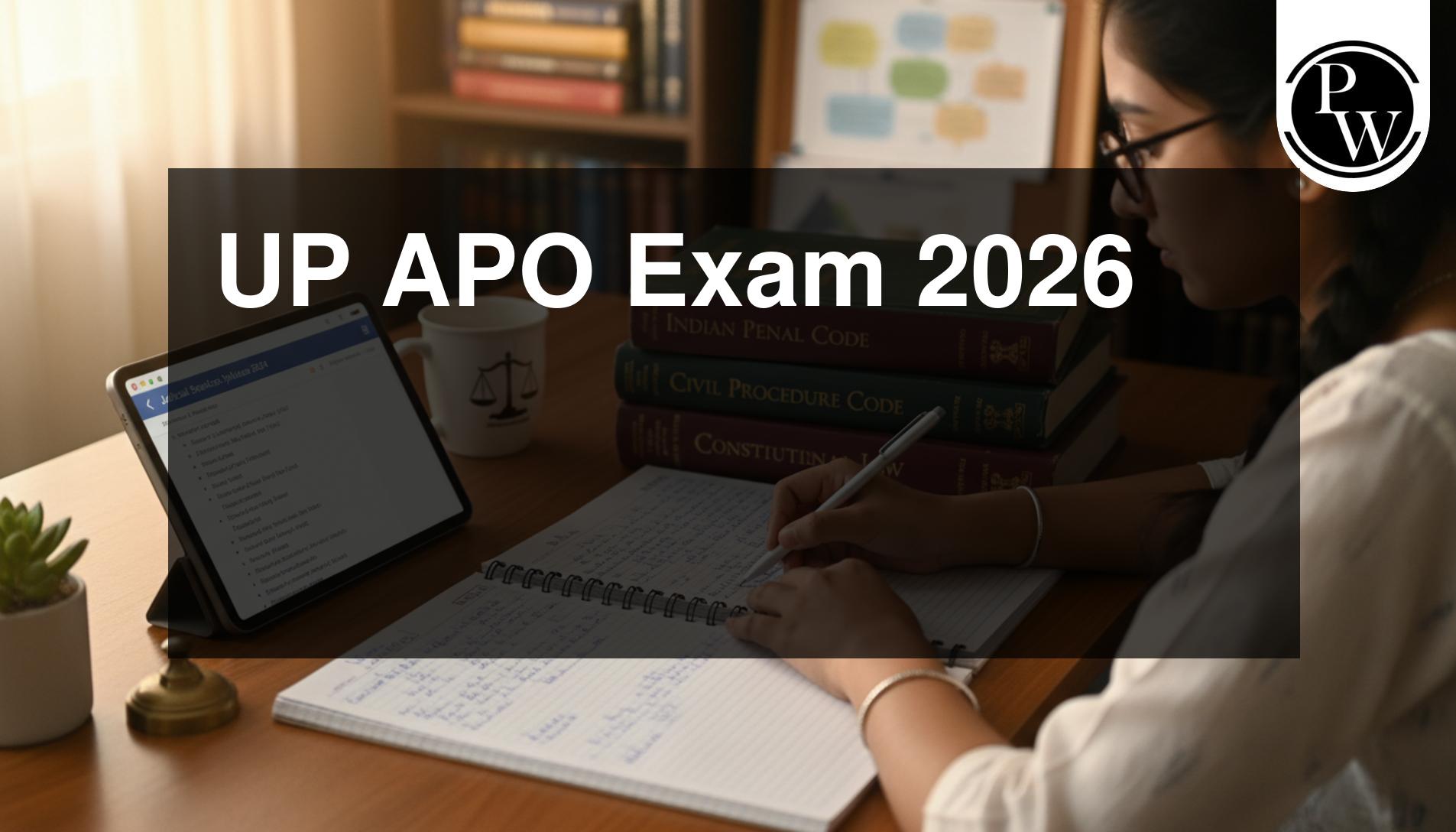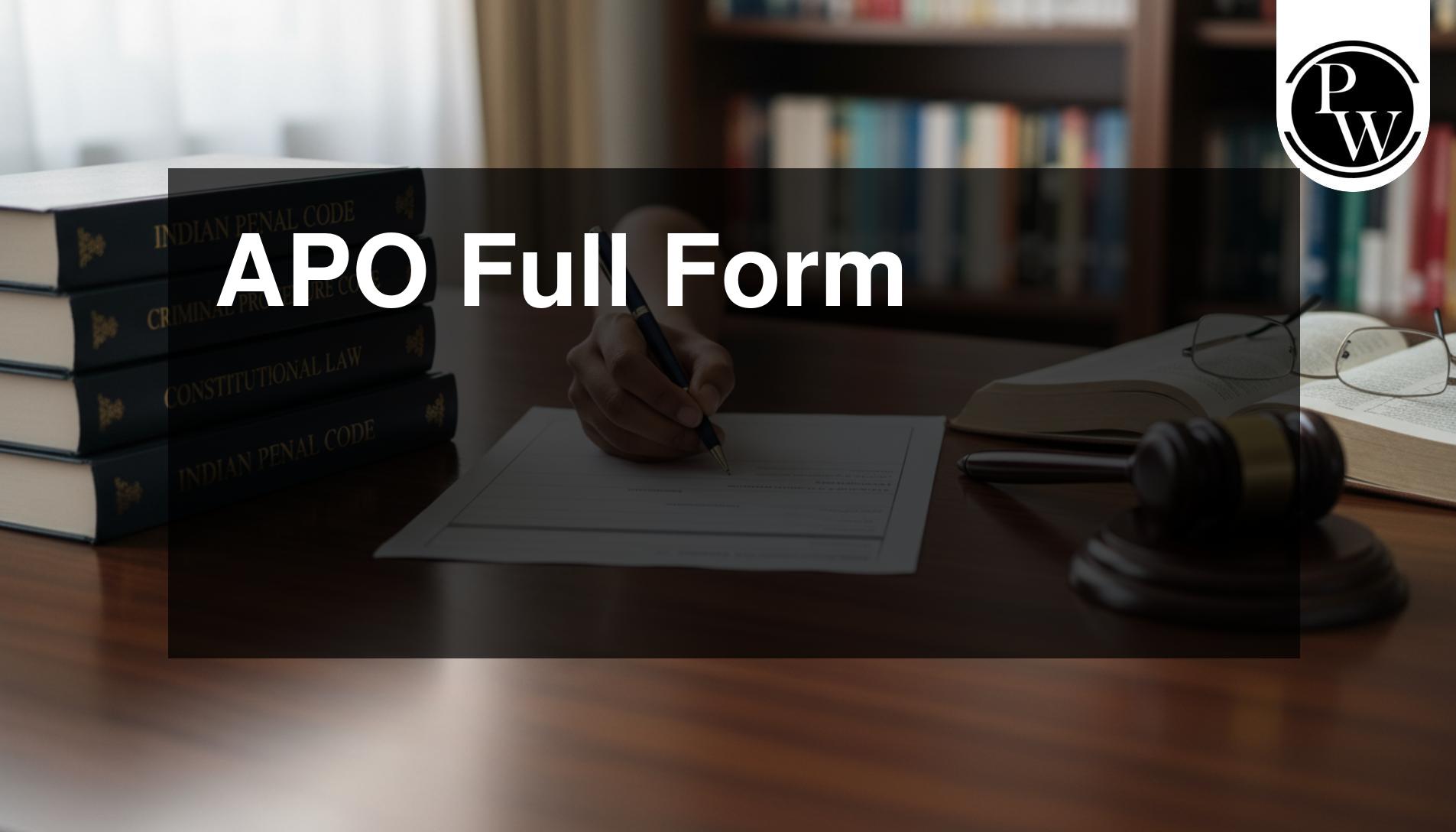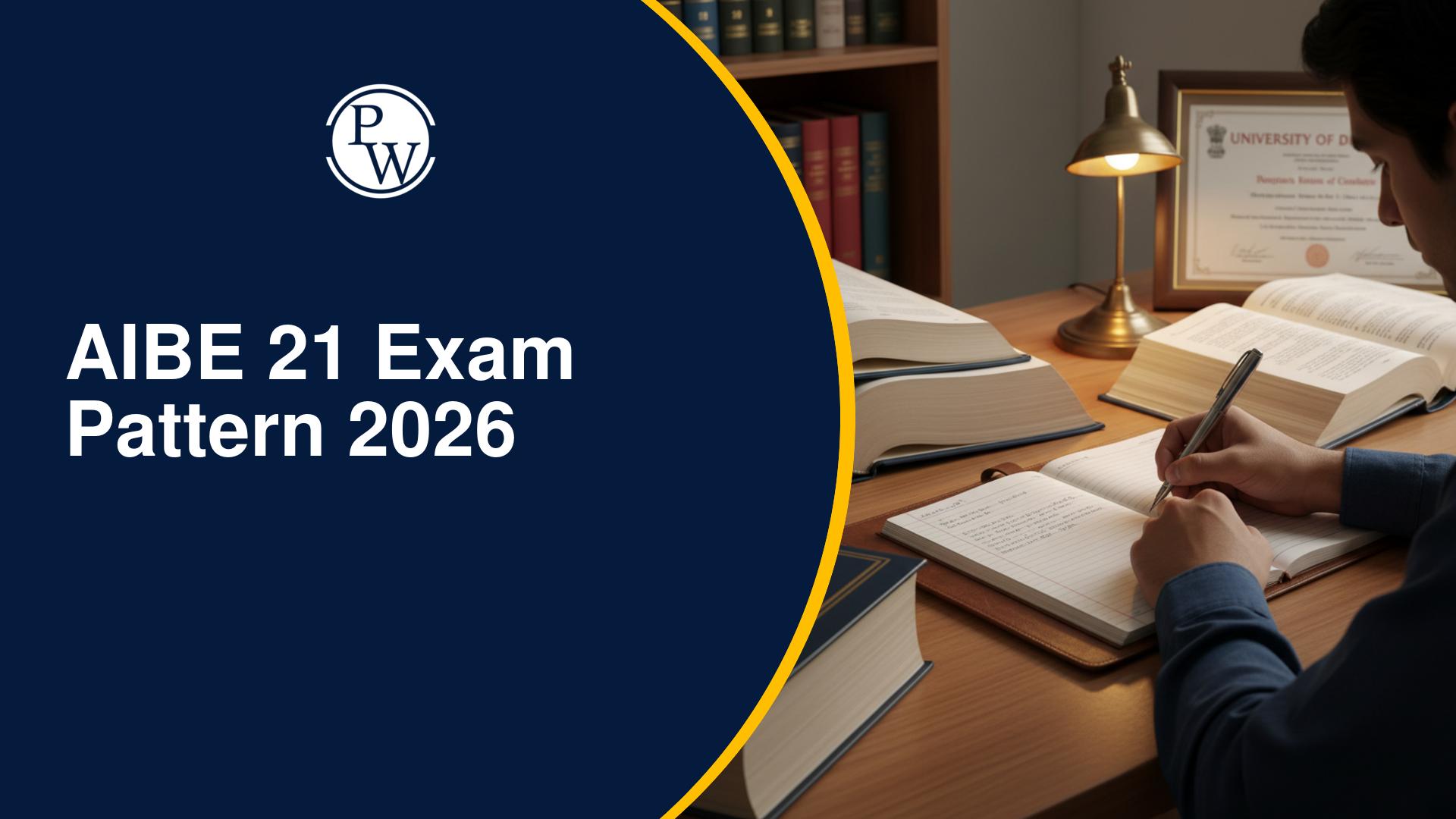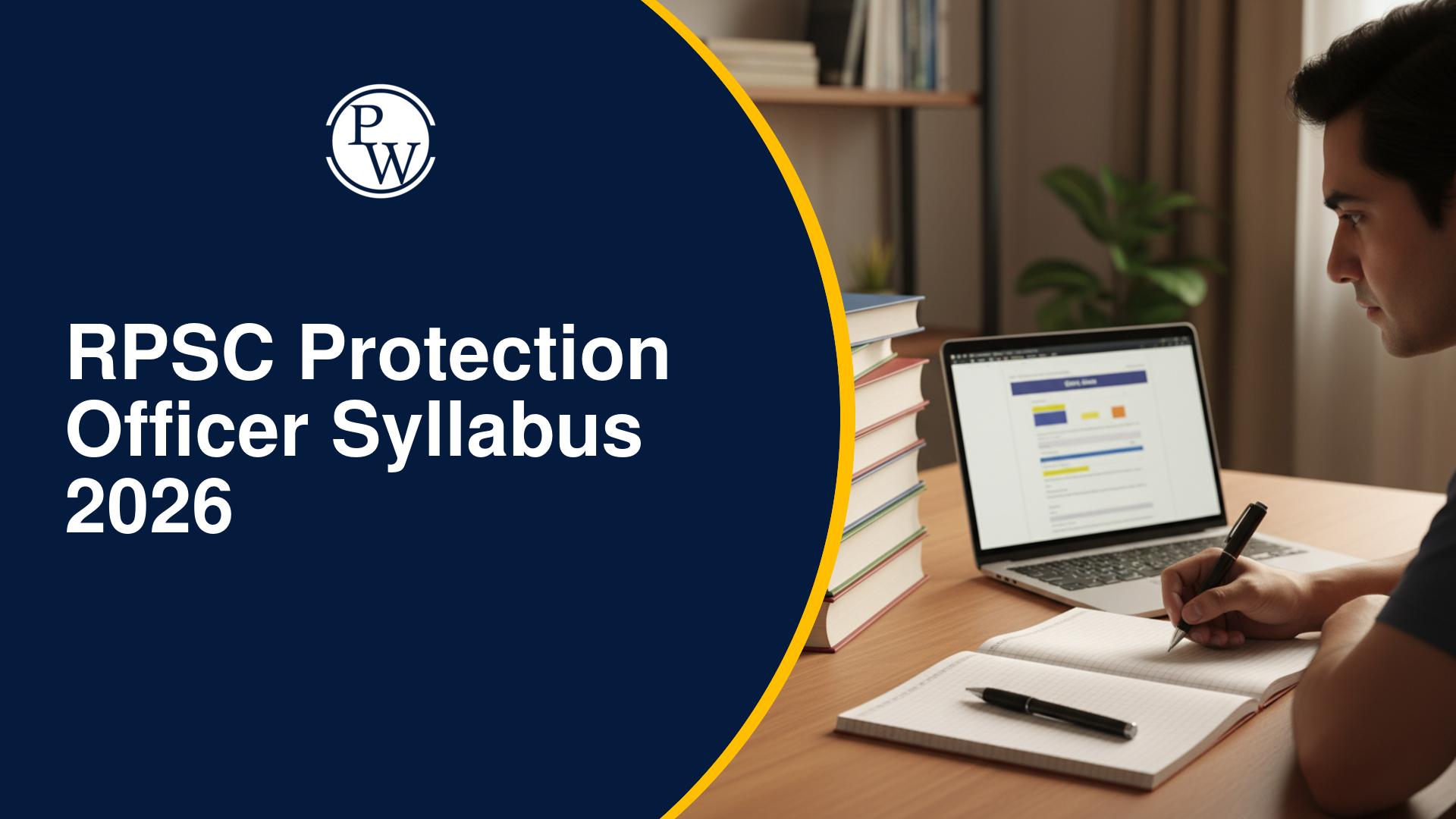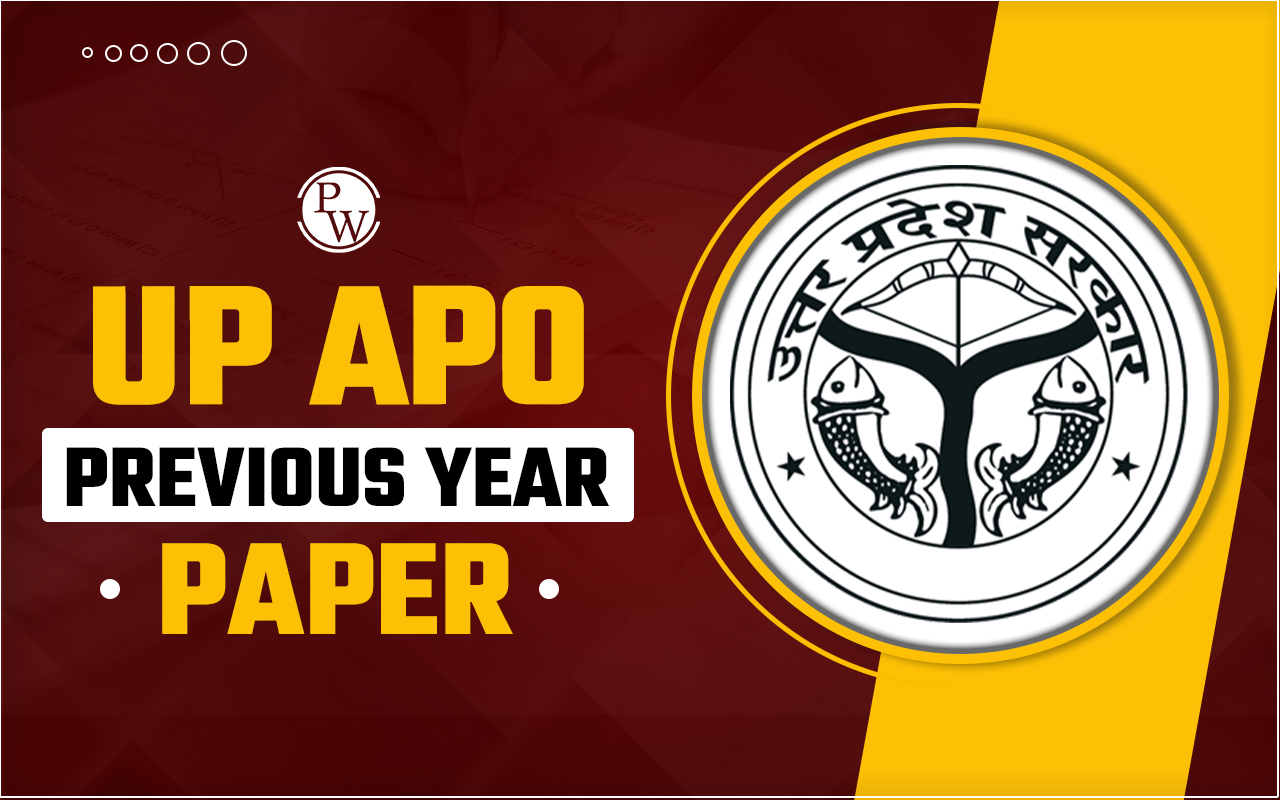Sample Practice Questions for UP PCS J Exam
Here are some practice questions to give you an idea of the types of questions you might encounter in the exam. To prepare effectively, it's recommended that you also attempt one to two
UP PCS J Mock Tests
every week.
Q1) In which year was the state of Uttar Pradesh officially formed?
(a) 1947
(b) 1949
(c) 1950
(d) 1952
Q2) Which planet is known as the Red Planet?
(a) Venus
(b) Mars
(c) Jupiter
(d) Saturn
Q3) Who wrote the famous novel "To Kill a Mockingbird"?
(a) Harper Lee
(b) J.K. Rowling
(c) George Orwell
(d) Ernest Hemingway
Q4) Which of the following countries is not a member of the United Nations Security Council?
(a) China
(b) India
(c) Brazil
(d) France
Q5) What is the capital city of Australia?
(a) Sydney
(b) Melbourne
(c) Canberra
(d) Perth
Q6) Who painted the famous artwork "Starry Night"?
(a) Pablo Picasso
(b) Vincent van Gogh
(c) Leonardo da Vinci
(d) Claude Monet
Q7) Which animal is known as the "King of the Jungle"?
(a) Tiger
(b) Lion
(c) Elephant
(d) Gorilla
Q8) Who is the author of the "Harry Potter" book series?
(a) J.R.R. Tolkien
(b) George R.R. Martin
(c) J.K. Rowling
(d) Stephen King
Q9) What is the currency of Japan?
(a) Yuan
(b) Yen
(c) Euro
(d) Dollar
Q10) What is the chemical symbol for gold?
(a) Au
(b) Ag
(c) Fe
(d) Pb
Q11) 'X' enters a house with the intention of stealing money but finds no cash inside. According to the Indian Penal Code (IPC), what offence has 'X' committed?
(a) No offence
(b) Theft
(c) Attempted theft
(d) Burglary
Q12) If a person forcibly takes a child to steal money from them and the child is under the age of 12, what section of the Indian Penal Code (IPC) would apply?
(a) Section 376
(b) Section 369
(c) Section 420
(d) Section 302
Q13) If an individual commits an act under the direction of the court and does so in good faith, which section of the Indian Penal Code (IPC) provides an exemption?
(a) Section 71
(b) Section 77
(c) Section 82
(d) Section 79
Q14) A government official, instead of depositing fines collected from traffic violations, uses the money for personal gain. According to the Indian Penal Code (IPC), what is this act considered?
(a) Criminal breach of trust
(b) Embezzlement
(c) Fraud
(d) Misappropriation
Q15) According to the Indian Penal Code (IPC), what offense has been committed if someone tries to break into a house to steal, but finds no valuables inside?
(a) No offense
(b) Attempted burglary
(c) Trespassing
(d) Fraud
UP PCS J Exam Pattern
The
UP PCS J exam
has three stages:
Prelims, Mains, and Interview.
In the Prelims, there are two papers with
150 multiple-choice questions (MCQs)
each. Paper 1 covers general knowledge, while
Paper 2
covers law subjects. The Mains exam has seven papers, with five compulsory and two optional ones covering various aspects of law. Each Mains paper lasts for three hours. Successful candidates from the Mains are then interviewed.
UP PCS J Prelims Exam Pattern
|
UP PCS J Prelims Exam Pattern
|
|
Paper
|
|
Paper I: General Knowledge
|
|
Paper II: Law
|
UP PCS J Mains Exam Pattern
|
UP PCS J Mains Exam Pattern
|
|
Paper
|
|
Paper I: General Knowledge
|
|
Paper II: English Language
|
|
Paper III: Hindi Language
|
|
Paper IV: Law-I (Substantive Law)
|
|
Paper V: Law-II (Procedure and Evidence)
|
|
Paper VI: Law-III (Penal, Revenue, and Local Laws)
|
UP PCS J Previous Year Question Papers Analysis
Analyzing previous year question papers helps understand the exam's structure, topic allocation, question formats, difficulty level, time management, and marking system. It builds confidence, identifies strengths and weaknesses, and provides insights into the exam.
Tips to Attempt UP PCS J Question Papers
Once you get the
UP PCS J Previous Year Question Papers,
the next step is to attempt them seriously and with the right approach. Here are some tips to solve them effectively:
-
Make sure you understand the whole syllabus and exam pattern of the UP PCS J exam. Mark important topics and prepare accordingly.
-
Start attempting the previous year question papers even before you finish studying the entire syllabus. This helps you get a basic understanding of the exam pattern.
-
Begin with questions you are familiar with and then tackle the more challenging ones.
-
Analyze the previous year question papers and their answers.
-
Print out the question papers for offline practice.
-
Mark important and repeated questions as you solve the papers, considering their weightage in past exams.
-
Remember the time limit of the UP PCS J exam.
Understanding the exam pattern and practicing previous year papers enhances preparation, boosts confidence, and increases chances of success in the UP PCS J exam.


